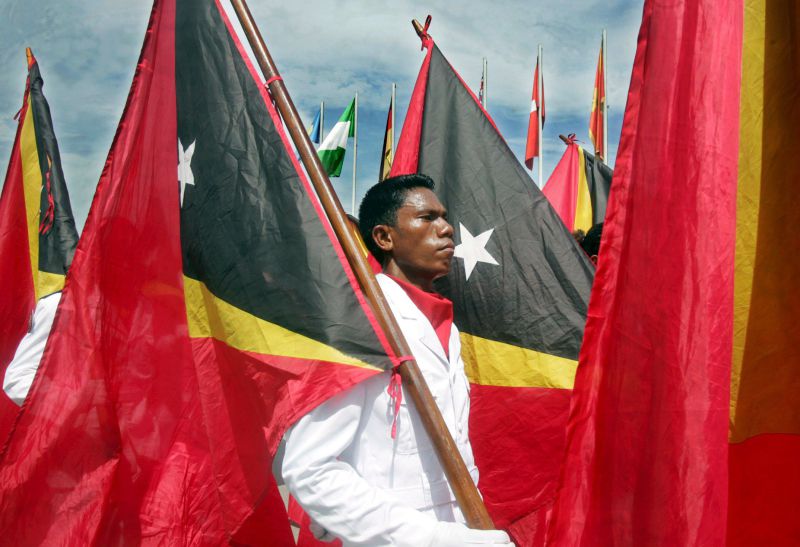The President of the Timorese Press Council criticized today the fact that the Ministry of Justice has practically copied Guinea-Bissau legislation in its proposal to criminalize defamation in East Timor.
Virgílio Guterres, president of the Press Council, lamented in declarations to Lusa that the Timorese proposal is an almost total copy-paste of legislation in Guinea-Bissau, stating that in this, as in other cases, East Timor should be inspired by best practices.
“It is normal to look for international references in the elaboration of its legislative framework, and to resort to Portugal or even other Portuguese-speaking countries”, he said.
“What should inspire us are the best, the references of the best. The worst can be considered, but only as a reference of what should not be copied ”, he said.
At stake is a proposal from the Timorese Government, to which Lusa had access, which aims to criminalize defamation and injuries in response to situations of offense of honor, good name and reputation of individuals and entities in the media and social networks.
The proposed measures, introduced in a draft decree-law to amend the Penal Code, prepared by the Ministry of Justice and to which Lusa had access, provide for prison sentences for defamation and injuries, for the crime of offending the prestige of a person. collective or similar, and the crime of offending the memory of a deceased person.
“The Government considers it opportune to foresee and punish certain imputations of facts or judgments susceptible to offend them, introducing in the Penal Code the crimes of defamation and injuries, the crime of offending the prestige of a collective or equivalent person, and the crime of offending the memory of deceased person ”, according to the text.
The text being discussed in East Timor, and which has already raised criticism from political leaders, civil society organizations and the media sector in the country, will practically seek in full the text and penalties defined in the Guinean Penal Code.
The references are taken from articles 126 to 132 of the Guinean Penal Code, namely chapter IV “against honor”, and replicated in the proposed amendment to the Timorese code.
The 2020 report by the organization Reporters Without Borders, which places Timor-Leste in 78th place among 180 countries, notes that Guinea-Bissau dropped five positions in 2019 to 94th place, considering that “the political impasse” that living in the country has been “an obstacle to press freedom”.
Virgílio Guterres insists that East Timor is still building its democracy and that, therefore, it must consolidate rights, not put them at risk.
“In the search for a better solution for our cause, we must look for references that do not go against the constitutional principles, human rights and democracy that we are trying to achieve”, stressed Guterres.
Overall, he explained, the Press Council will not even analyze the proposal itself, considering that “criminalizing defamation is simply to reject”, a stance that will be communicated to the Ministry of Justice.
“Tomorrow we will have a plenary session and we will write to the Ministry of Justice to cancel this process. There is no point in discussing a law that we are sure will kill democracy and freedom of the press, ”he said.
Guterres also rejects arguments by the Minister of Justice, Manuel Cáceres da Costa, that the initiative aims to help educate the population.
“I don’t believe in prisons as an educational tool, especially in a democratic society that we want. Prison is not an educational tool, especially in alleged crimes of expression, ”he said.
“We cannot imprison people’s opinions. The best way to educate people is to invest in education, civic education, training. The MJ has a role to play in educating people to respect the law, the regulations we produce, ”he said.
The President of the Press Council questions both the motivation of the proposal and its ‘timing’, especially with the country in a state of emergency and at a time to combat the covid-19 pandemic.
“Why is this idea born at a time when the whole country and the whole world is focused on fighting the pandemic? We are aware of the concerns prior to this draft, especially the hate speech on social networks, ”he said.
However, he considered that “in this case the best answer to these concerns should be with a cyber crime law, not criminalizing defamation”.



